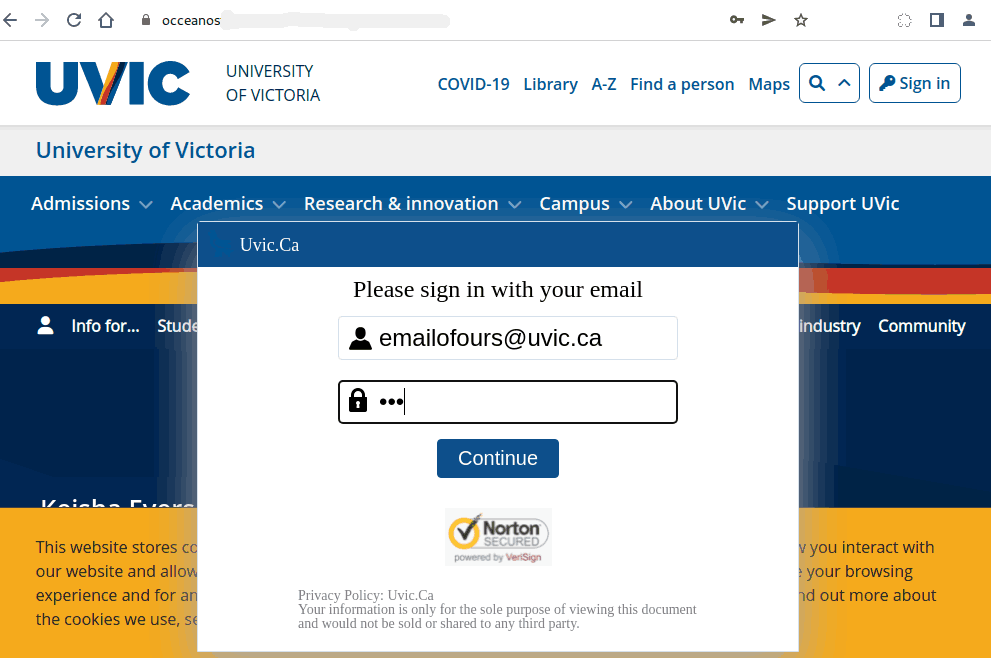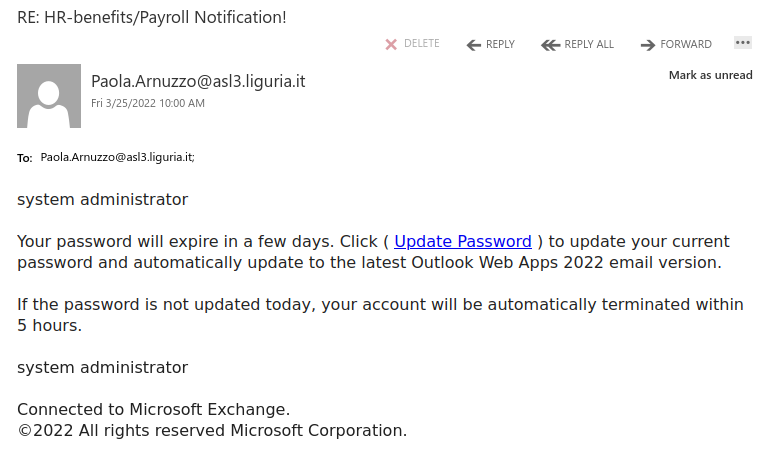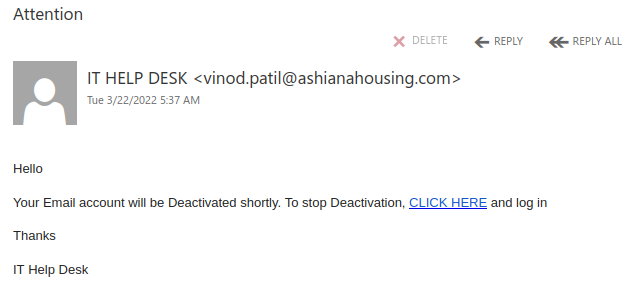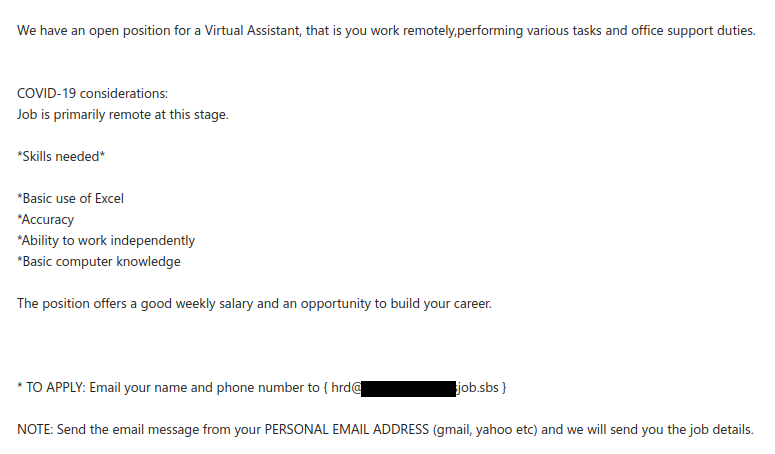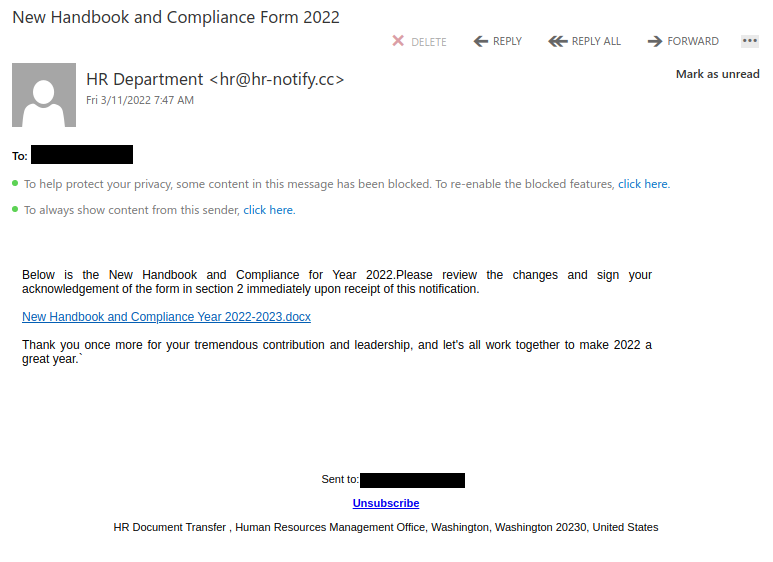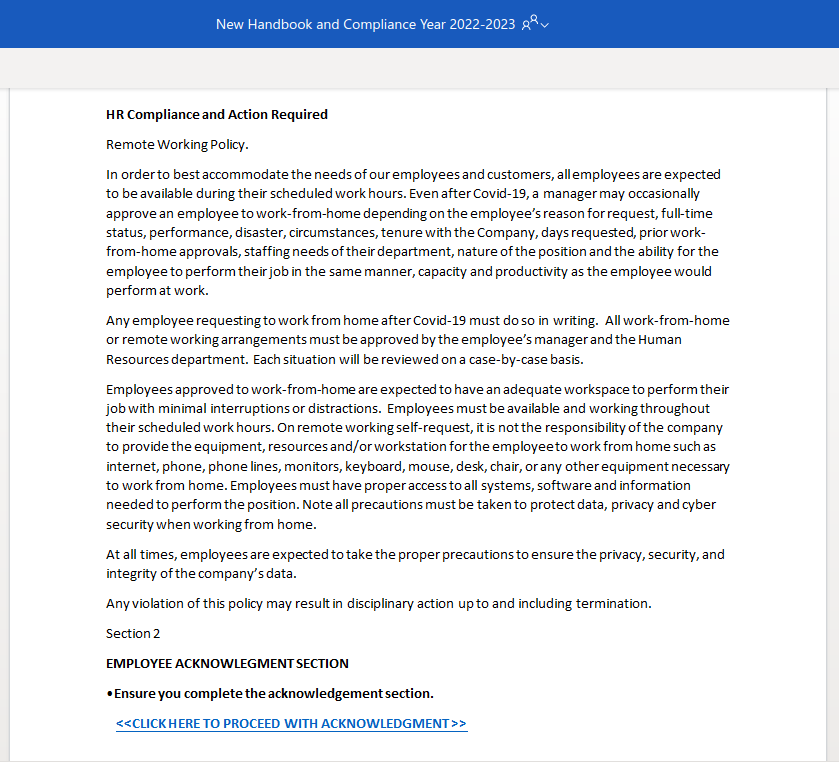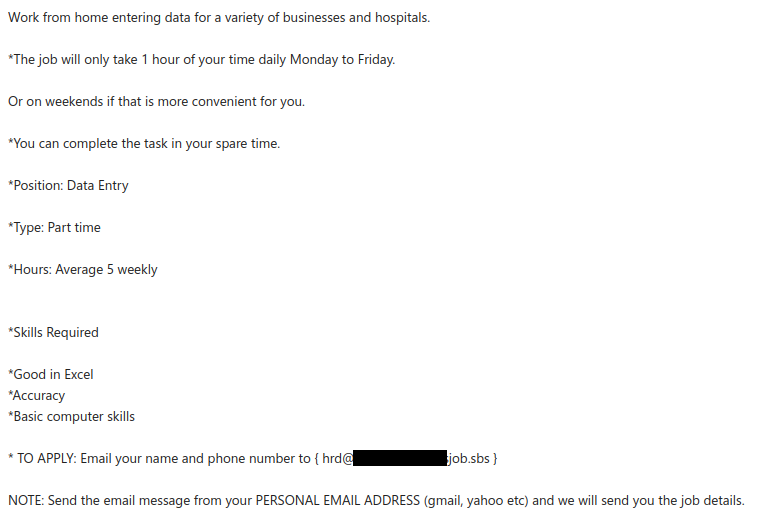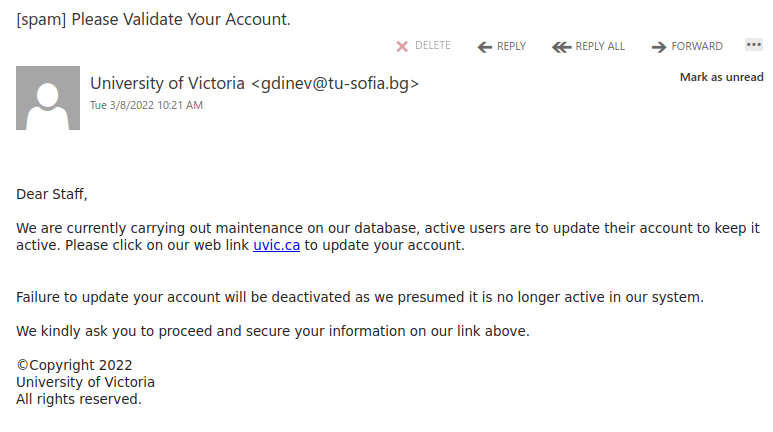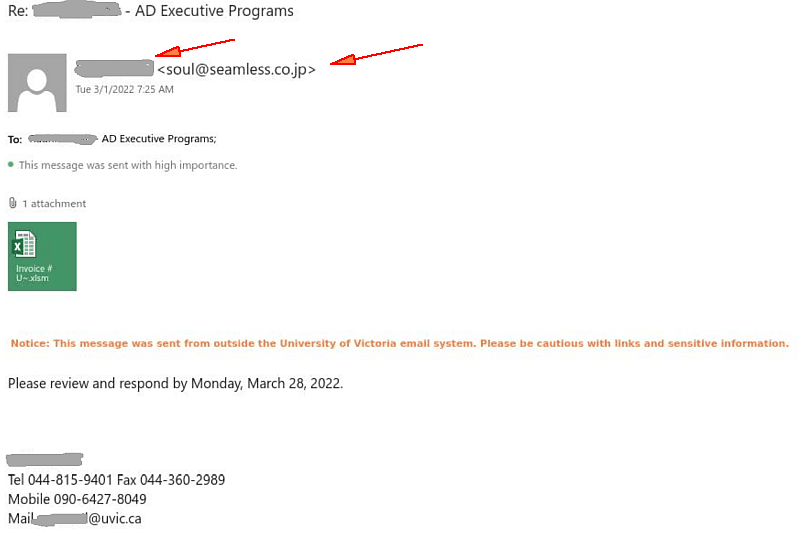This phish is circulating today. Nothing really innovative – if you don’t update your password , allegedly your account will be deleted withing 5 hours. Same old scary tactics – act fast, think less.
As usual a fake UVic-like page is designed with the single purpose to steal our credentials. In fact this time it is not quite UVic-like (shown at the bottom)
Please never click on suspicious links, don’t be curious. Sometimes these pages may contain malware to infect your machine instantly. Our experts open these in a dedicated isolated environment.
A screenshot of the phish is shown below. The sender is clearly external and the link is external too (the safe way to see it is to hover on it with the cursor without clicking).
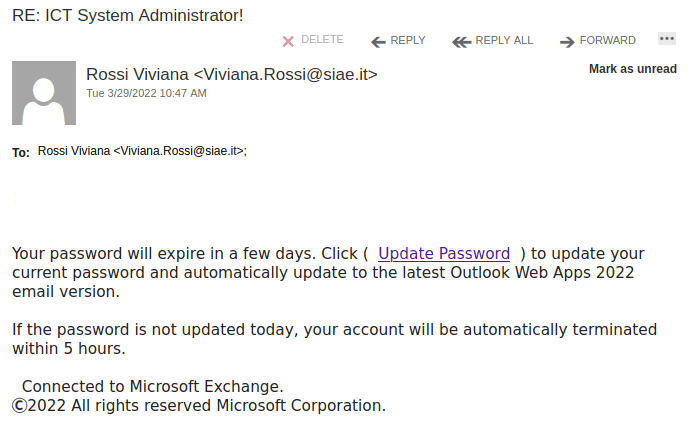
————————-
The fake credentials page:



